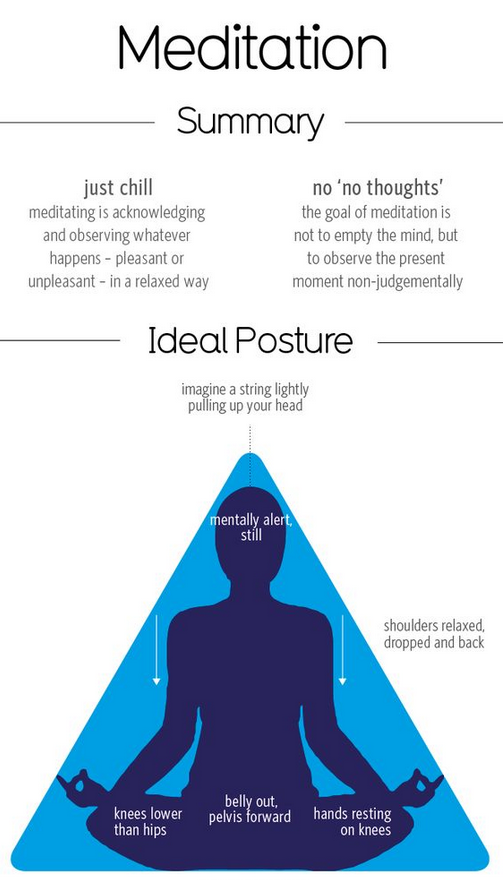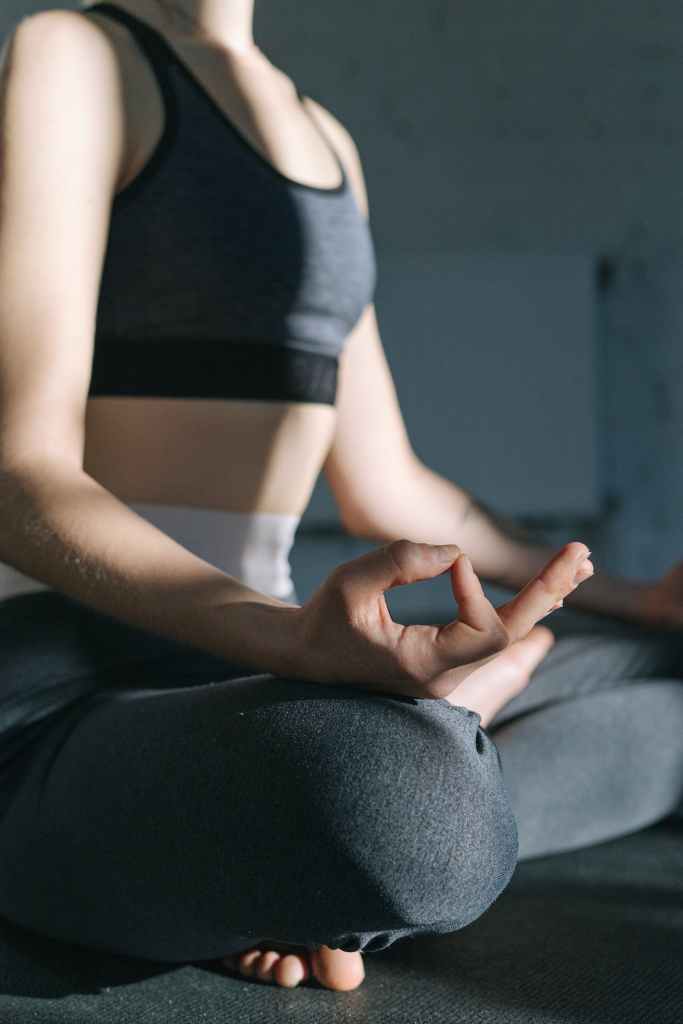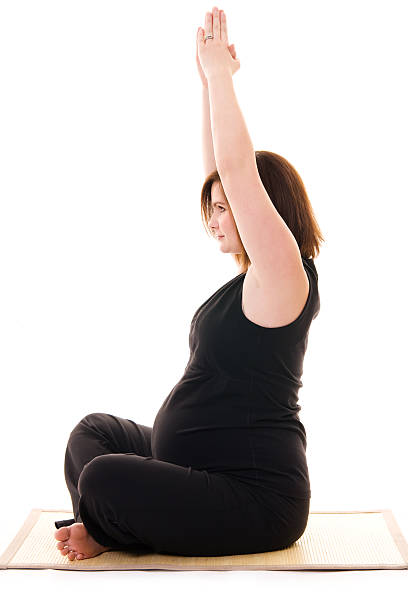In today’s fast-paced and ever-changing world, the significance of meditation has become more pronounced than ever before. As we navigate through the challenges of our daily lives, it’s essential to find moments of peace and clarity amidst the chaos. Meditation offers a profound and transformative way to achieve this, allowing us to tap into our inner selves and connect with the present moment.
The Essence of Meditation
At its core, meditation is a practice that enables individuals to cultivate mindfulness, awareness, and focus. It involves setting aside dedicated time to engage in specific techniques, often involving deep breathing, stillness, and mental exercises. The aim is to quiet the mind, release stress, and gain a deeper understanding of our thoughts and emotions.

The Benefits of Meditation
1. Reducing Stress and Anxiety
One of the most significant advantages of meditation is its ability to reduce stress and anxiety. By encouraging a state of calmness, meditation helps lower the levels of cortisol, the stress hormone, in our bodies. Through regular practice, individuals often experience a greater sense of ease and a reduction in anxiety-related symptoms.
2. Improving Mental Clarity and Focus
In a world inundated with distractions, meditation acts as a powerful tool to enhance mental clarity and focus. By training our minds to stay present and attentive, we can improve our ability to concentrate on tasks and make more informed decisions.
3. Enhancing Emotional Well-being
Meditation provides a safe space for exploring our emotions and understanding their roots. By facing and processing our feelings, we can experience emotional healing and find a more balanced state of being.
4. Boosting Creativity
As our minds become less cluttered through meditation, our creative faculties are given room to flourish. Many artists, writers, and innovators credit their meditation practice for enhancing their creativity and problem-solving skills.
5. Promoting Physical Health
Research suggests that meditation can positively impact physical health as well. From reducing blood pressure and improving heart health to boosting the immune system, meditation’s effects ripple through our entire body.
6. Fostering Positive Relationships
Through increased self-awareness and empathy, meditation can improve our relationships with others. By becoming more present in our interactions, we can cultivate deeper connections and better understand the perspectives of those around us.
Incorporating Meditation into Daily Life
Now that we understand the significance of meditation, the question arises: how can we integrate it into our busy lives? The good news is that meditation is incredibly versatile and can be adapted to suit individual preferences and schedules.
1. Morning Rituals
Starting the day with a brief meditation session can set a positive tone for the hours ahead. Taking just 10-15 minutes to meditate in the morning can foster a sense of calm and intention, helping us approach our day with greater focus and clarity.
2. Mid-Day Recharge
For those struggling with mid-day slumps or heightened stress levels, a short meditation break can do wonders. Stepping away from work or responsibilities for a few minutes to meditate can refresh the mind and boost productivity.
3. Evening Reflection
As the day comes to a close, meditation can aid in winding down and letting go of any accumulated tension. Engaging in a reflective meditation practice in the evening can promote better sleep and overall well-being.
4. Guided Meditation
For beginners or those looking for more structured sessions, guided meditations are an excellent option. These audio or video recordings lead participants through the meditation process, making it easier to stay focused and learn various techniques.
The Importance of Consistency
Like any skill, the benefits of meditation are best realized through consistent practice. While occasional meditation sessions can be helpful, regularity is key to unlocking the full potential of this transformative practice.
Conclusion
In conclusion, the significance of meditation cannot be overstated. By incorporating this powerful practice into our lives, we can experience a multitude of benefits, including reduced stress, improved focus, enhanced creativity, and better overall well-being. So, let us embark on this journey of self-discovery and mindfulness, and witness the positive impact it can have on our lives.









